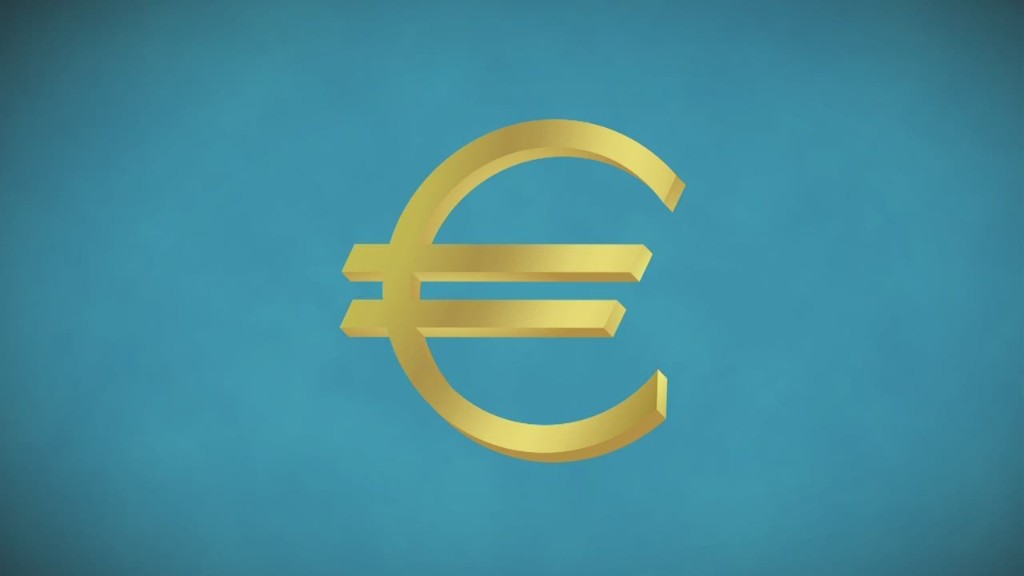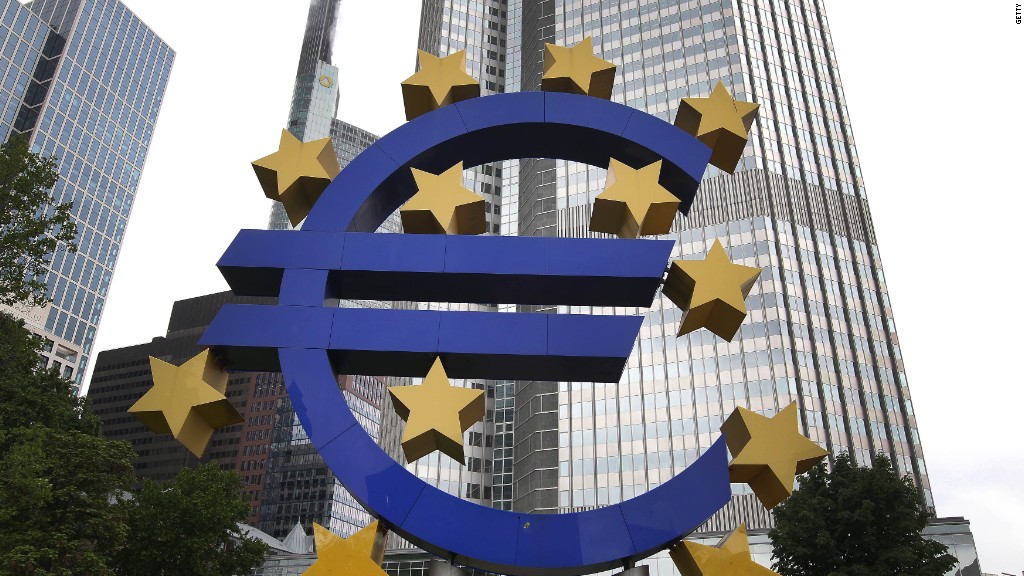
Making sense of Europe's economy is a headache at the best of times, even more so when vital decisions about its future are drowning in alphabet soup.
Take this for example:
"The Outright Monetary Transactions (OMT) program of the European Central Bank, announced on 6 September 2012, is compatible with Article 119 TFEU and Article 127(1) and (2) TFEU, provided that, in the event of that program being implemented, the ECB ..." And so it goes on.
That's the conclusion of a 263-point opinion from the European Court of Justice published Wednesday on the legality of Mario Draghi's pledge in 2012 to do "whatever it takes" to save the euro. The European Central Bank would buy bonds of stricken member states -- provided they sign up for bailouts and austerity programs overseen by Europe and the International Monetary Fund.
What the opinion means is that Draghi, with a few minor caveats, was acting within his power as president of the ECB in establishing a firewall to prevent one country bringing down the eurozone.
The announcement of the OMT program played a big part in taking the heat out of Europe's sovereign debt crisis.
While a final verdict is still months away, the court has effectively rejected a German challenge to Draghi that could have tied his hands in dealing with the new crisis Europe faces.
Related: Europe will print money, it's just a matter of time
Assuming a new Greek government doesn't turn back time later this month, the challenge now is how to save the region from stagnation, deflation and perpetual unemployment at record levels.
The last big weapon in Draghi's arsenal is to launch quantitative easing, or large scale purchases of eurozone government bonds, in the hope this will stimulate the economy.
Had the ECJ backed the view of six judges at the GFCC -- that's Germany's constitutional court to you and me -- it could have thrown up last minute obstacles to QE.
Most analysts now see a very high chance that Draghi will unveil a European version of QE next week, or in March at the latest.

Still, the devil is in the detail. And even the experts can't agree entirely on the implications of Wednesday's ruling.
"Despite the headlines that this is a 'green light' for OMT, in its present form this is not the case," wrote Ken Wattret at BNP Paribas.
"OMT lives on, but only on the basis of certain conditions being met. At this point, the specific conditions which will apply, and their potential implications, remain ambiguous in some key respects."


